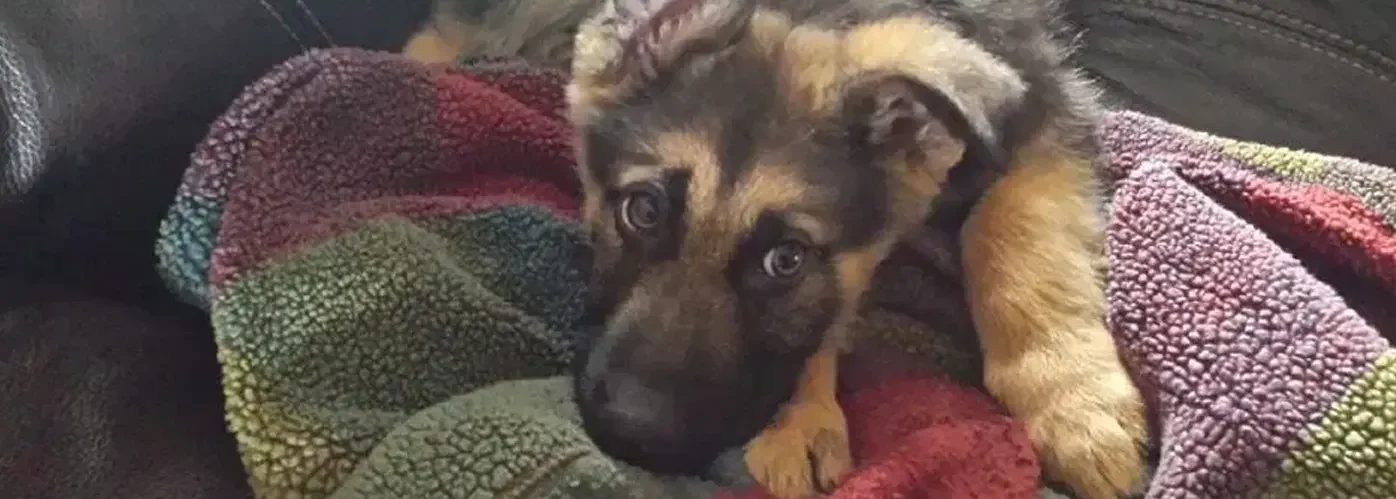The risky mcr-1 gene, which offers resistance to the last-resort antibiotic colistin, has been identified in four healthy individuals and two pet puppies. In two circumstances, equally puppy and owner ended up harbouring the gene, according to new investigation currently being offered at the European Congress of Scientific Microbiology & Infectious Diseases (ECCMID) held online this 12 months.
Due to the fact initially being noted in China in 2015, the mcr-1 gene has been uncovered in numerous persons and animals about the planet. It confers resistance to colistin, an antibiotic of final resort made use of to deal with infections from some germs resistant to all other antibiotics. The nightmare scenario that could arise is mcr-1 combining with currently drug-resistant microorganisms to make a truly untreatable an infection.
Dr Juliana Menezes and colleagues at the Centre of Interdisciplinary Analysis in Animal Overall health, School of Veterinary Medicine, College of Lisbon, Portugal are fascinated in irrespective of whether domestic animals may possibly be performing as a reservoir of the gene and so aiding its spread in the local community.
To find out, the authors seemed for resistance to colistin in micro organism in faecal samples from men and women and animals. Samples were being taken from 126 nutritious persons residing with 102 cats and canines in 80 homes in Lisbon among February 2018 and February 2020. All of the humans and 61 of the animals were healthful. A overall of 23 animals experienced skin and soft tissue infections (SSTI) and 18 experienced urinary tract infections (UTI).
8 puppies out of the 102 pets (7.8%) and 4 people out of 126 (3.2%) harboured microorganisms with the mcr-1 gene. Three of the pet dogs were being balanced, 4 had SSTIs and just one experienced a UTI. None of the cats ended up carrying the gene.
Even further examination confirmed that the bacteria isolated from all 12 samples that ended up mcr-1 beneficial had been resistant to many antibiotics.
In two households with pet dogs with SSTIs, the mcr-1 gene was discovered in equally dog and owner. Genetic analysis of the samples proposed that in 1 of these two circumstances, the gene experienced been transmitted concerning pet and proprietor.
Though transmission in each directions is probable, it is thought that in this circumstance the gene handed from dog to human, states Dr Menezes.
The house owners did not have bacterial infections and so did not will need therapy. The ill dogs had been successfully treated.
The researchers say their results demonstrate that the mcr-1 gene can be transmitted between puppies and their house owners. This raises worries that pets can act as reservoirs of the gene and so help the unfold of resistance to treasured final-line antibiotics.
Dr Menezes adds: “Colistin is made use of when all other antibiotics have unsuccessful – it is a essential procedure of very last vacation resort. If bacteria resistant to all drugs receive this resistance gene, they would turn into untreatable, and which is a scenario we should stay away from at all expenditures.
“We know that the overuse of antibiotics drives resistance and it is important that they are utilized responsibly, not just in medicine but also in veterinary medicine and in farming.”
###
Disclaimer: AAAS and EurekAlert! are not liable for the accuracy of information releases posted to EurekAlert! by contributing institutions or for the use of any info as a result of the EurekAlert technique.




